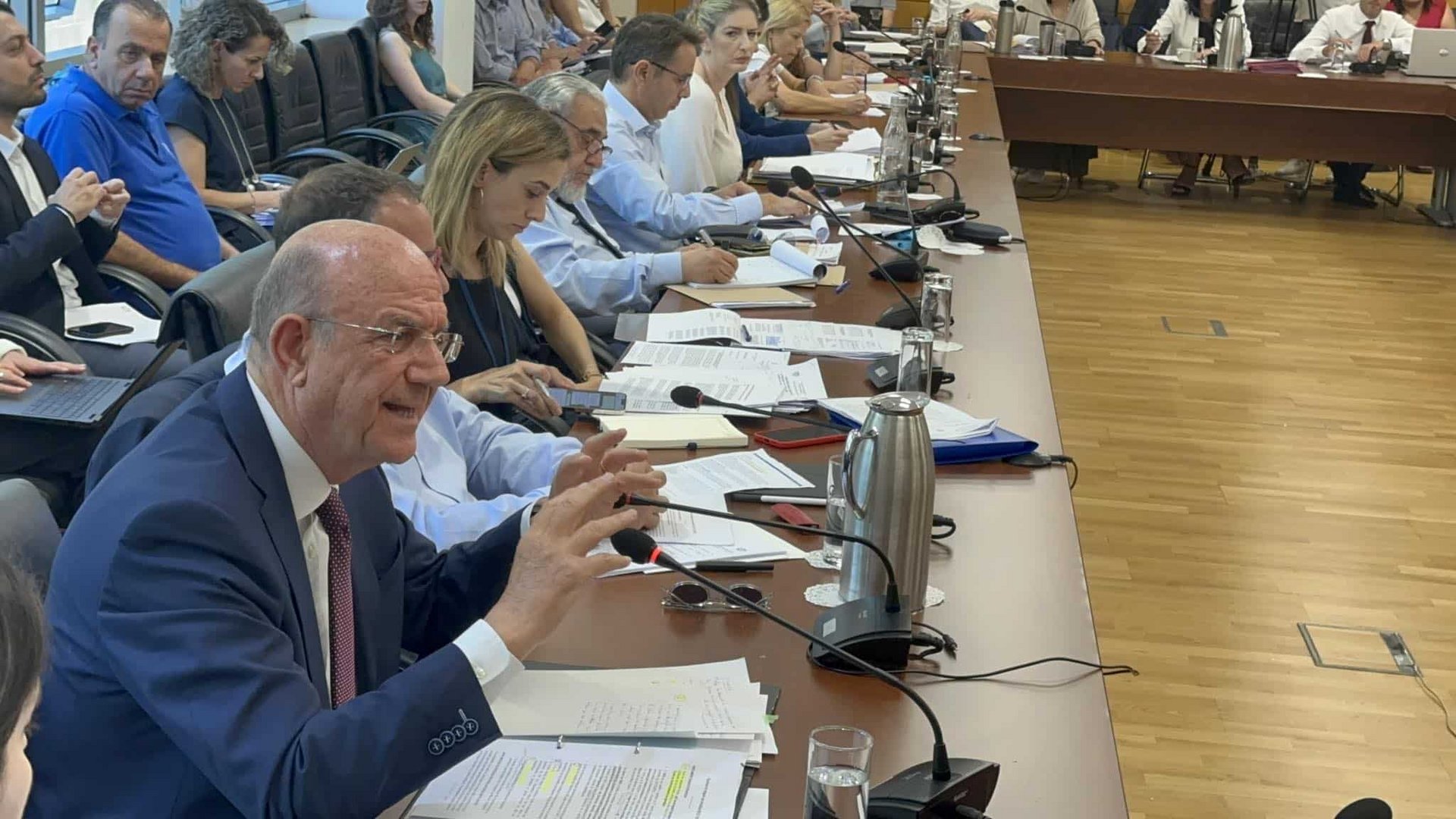A marathon session in parliament on Monday failed to avoid a showdown at the House plenum for later this week, where MPs will be voting on a contentious bill tabled by Akel allowing debtors to obtain a court injunction setting aside foreclosure proceedings.
The House finance committee convened to discuss the government’s package of proposals addressing the issue of non-performing loans (NPLs) in the banking system as well as the slew of bills tabled by the parties amending the legislative framework governing repossessions.
As it turned out, the Akel bill – co-sponsored by Edek, Dipa and some Diko MPs – was not withdrawn. The legislative proposal – which the government and banking authorities have dismissed out of hand – will be going to the plenum for a vote.
As it stands, the bill garners 33 votes – enough to pass.
But in a bid to head it off, the pro-government parties – Diko, Edek and Dipa – have tabled a similar bill, but one far more limited in scope in terms of how many delinquent loans it would affect.
Kleanthis Ioannides, a Central Bank senior officer, again warned that the Akel-led legislative proposal – affecting potentially all foreclosures proceedings – could damage the country’s sovereign credit rating as well as the stability of the financial system.
At the moment, he said, there are approximately €2.2 billion of NPLs in the banking system, backstopped by just €1.1 billion. Should there be any significant delay in recovering the amount owed on a mortgaged property, this backstop would need to go up to 100 per cent.
Any such change would likewise impact performing loans, and in turn adversely affect the cost of lending as well as the amount available for lending.
By contrast, the Central Bank agrees with the Diko-Dipa-Edek bill for suspending foreclosures through courts, as it is more limited in scope and would impact just €527 million in NPLs – compared to the notional €2.2 billion affected by the Akel bill.
As a plus for the government, its own bill providing for the creation of special-jurisdiction courts – fast-tracking disputes over foreclosure proceedings – will go to the plenum for a vote this coming Thursday.
Finance Minister Makis Keravnos explained that this concerns mortgaged primary residences with a value up to €350,000. The value will be determined by an official of the Scientific and Technical Chamber.
Moreover, these ‘special courts’ will hear only new cases. Cases already filed, and for which hearings have commenced, will continue being heard with the normal procedures in district courts.
As a minus for the government, Edek has not withdrawn its bill providing that collateral (a mortgaged property) should be auctioned on the basis of the estimated value at the time the loan contract was signed as opposed to the reserved value.
Keravnos likened the problem with delinquent loans to an “avalanche”.
He conceded that not many ways are available to deal with the issue, and stressed that any tweaks must not “disturb” the financial system.
The finance czar said the situation with NPLs has been relatively “static” in recent years. But, he added, the effective suspension of property repossessions in the last few years has provided no solution.
He also telegraphed that the government is categorically opposed to any across-the-board freeze on foreclosures. An ineffectual foreclosures framework penalises consistent borrowers and depositors, depriving funds for growth.
Currently banks hold around €3 billion in NPLs. The vast majority – some €22 billion – have been transferred onto the books of credit-acquiring companies.
Keravnos again stressed that constantly tinkering with foreclosures legislation sends out the wrong signal to credit agencies, but also to the International Monetary Fund and the European Stability Mechanism.
“Reasonable people must come to realise how we need to strike a balance in society and the economy, so that we don’t create further difficulties.”
Also on Monday, President Nikos Christodoulides was meeting with the leaders of the three pro-government parties, in a apparent bid to close ranks ahead of the next House plenum.
Other than the special-jurisdiction district courts, the government package features a voluntary suspension on foreclosures of primary residences up to €350,000 agreed by both banks and credit acquiring companies until the end of October, strengthening the role of the Financial Ombudsman, a new Estia debt relief scheme for borrowers in trouble with revised criteria with a view to include more home-owners, as well as a new scheme called mortgage-to-rent aiming to support vulnerable non-performing home-owners with a state subsidy and protect them from losing their homes.







Click here to change your cookie preferences